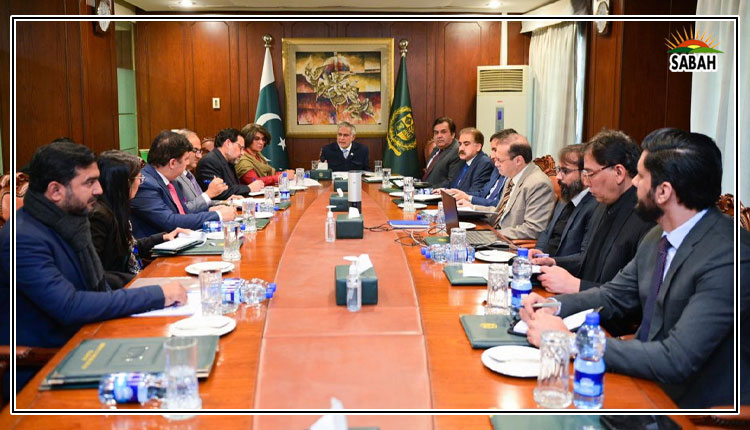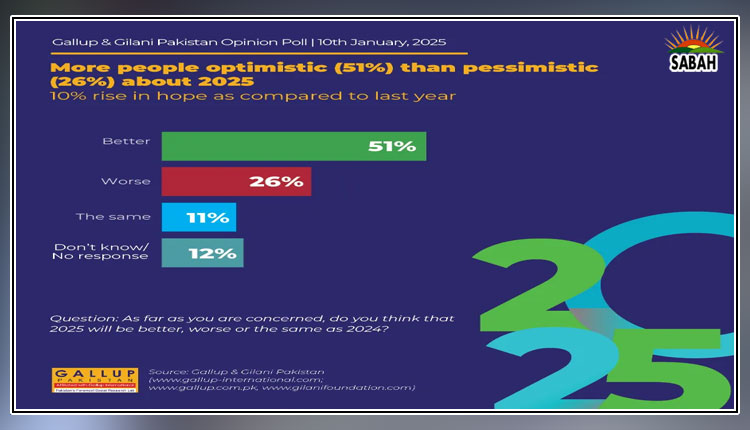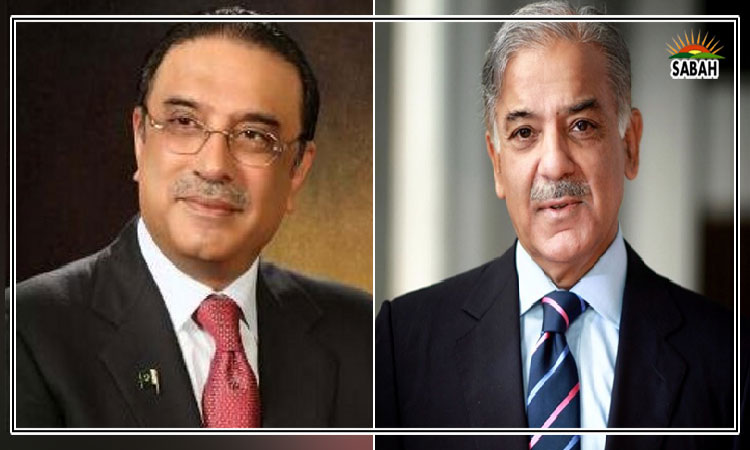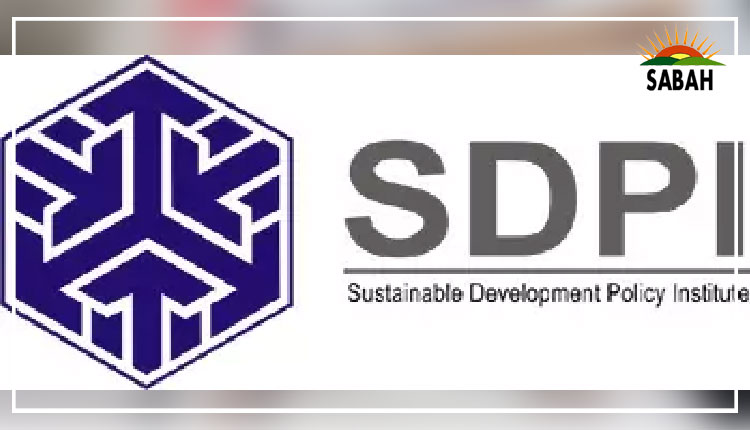Consultation with stakeholders is imperative for competitive electricity market in Pakistan: Experts
ISLAMABAD, Mar 03 (SABAH): Implementation of Competitive Trading Bilateral Contracts Market (CTBCM) model in Pakistan would provide transparency, predictability, accountability, and a level playing field by creating competition between multiple buyers and sellers in the energy sector of Pakistan.
The experts said this during a special meeting ‘Examining the future direction of electricity market in Pakistan: The case of Competitive Trading Bilateral Contracts Market (CTBCM),’ held by Sustainable Development Policy Institute (SDPI). Delivering his keynote speech, Dr. Fiaz Ahmad Chaudhry, Werner-Von-Siemens Chair, LUMS Energy Institute (LEI), informed the participants about the design of CTBCM model for Pakistan and how relevant stakeholders contributed to its implementation. He said the objectives of introducing wholesale electricity market in Pakistan is to improve the conditions for attracting investments based on credit covers provided by participants and to move away from sovereign guarantees.
Imtiaz Hussain Baloch, Director General, Licensing Department, National Electric Power Regulatory Authority (NEPRA) highlighted that through introduction of CTBCM, Pakistan has introduced a framework for market reforms in the country. Starting from a very concentrated market of certain bulk power consumers, Pakistan will have a market and broad guidelines based on which it can evolve, he added.
Dr. Vaqar Ahmed, Joint Executive Director, SDPI, asserted that implementation of competitive markets would continue to require in-depth consultations between relevant stakeholders. “For market reforms in the energy sector, wheeling policies and CTBCM will play a major role in private sector engagement”, said Dr. Vaqar adding that the process will require detailed orientation of the relevant governmental and private sector stakeholders.
Muhammad Faisal Sharif, Director (Projects Appraisal), Private Power and Infrastructure Board (PPIB), the Ministry of Energy, Power Division, said that the PPIB will perform the role of independent auction administrator in implementation of CTBCM.
Gul Hassan Bhutto, Advisor CTBCM, NEPRA, informed the participants that Pakistan will be spending over 500 billion on transmission expansion. For this, he said, a transmission expansion plan will be introduced after Indicative Generation Capacity Expansion Plan (IGCEP) 2021.
Lead Market Development and Coordination, Central Power Purchasing Agency (CPPA), Syed Shaheer Ali, said that significant progress has been made around alignment of legal policy and regulatory framework, Institutional reforms, and Technological & Management practices.
Sameer Hasan, Deputy General Manager, K-Electric, Khurram Lalani, Principal, Resources Future Pakistan (Pvt) Ltd., highlighted various aspects of the topic.
Dr. Hina Aslam, Head of Energy and China Study Centre, SDPI, emphasized on a continued consultative discussion between relevant stakeholders in energy sector of Pakistan. She added further that SDPI’s ‘Network for Clean Energy Transition in Pakistan: Research and Advocacy’ is mobilized to bring all the issues under discussion and how the connected efforts can pave the way forward.
Ahad Nazir, Head, Centre for Private Sector Engagement, SDPI, while moderating the discussion, emphasized on robust systems to expedite the most valued projects in the energy sector of the country.











